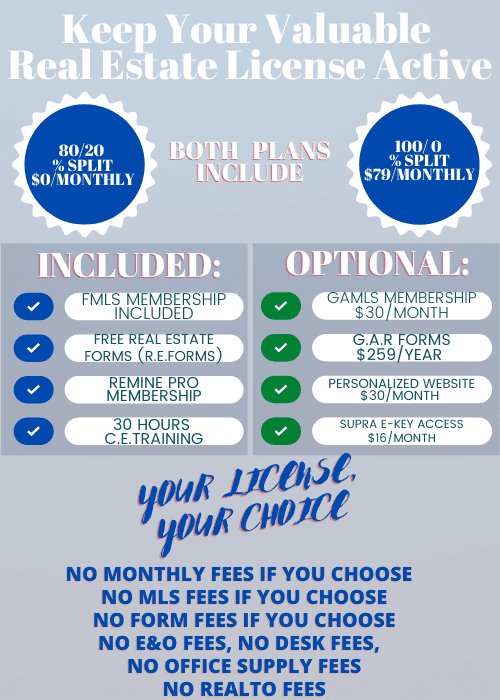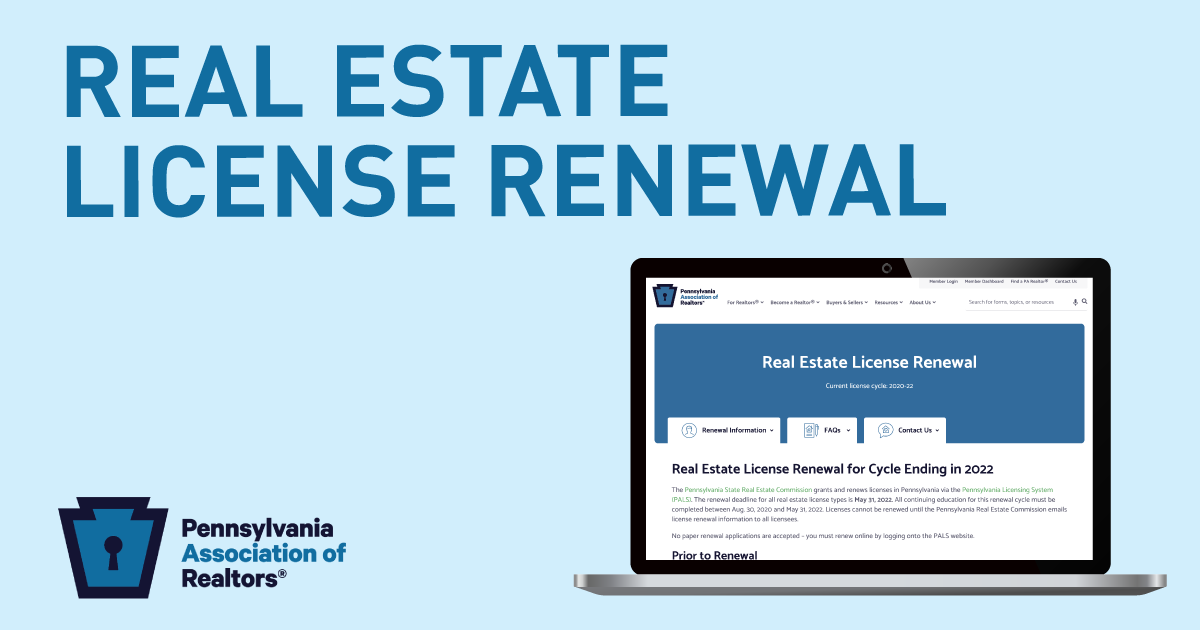
Investors are an excellent way to grow your realty business. They buy and sell properties at a high pace, and can often unlock a large number of referrals.
Working with investors requires different skills than selling to residential buyers, but it can also be a rewarding experience. Your first step is to get familiar with your investor client and what their needs are. This will enable you to tailor your service to them.
Learn about their preferred strategy and property type, and discover which neighborhoods they are most interested in. Then, you can present potential listings that meet their needs and goals.
Understanding the language of investors and how they communicate with tax and financial professionals
The world of real estate investing can be very confusing, especially for a newcomer. Investors expect that their agent speaks their language and can answer their questions promptly. Investors need to know terms like "hurdle", "caprate", and "internal yield of return" so they can communicate with their agent quickly.

To manage offers and transactions, create a system
Many investors have a set number of deals they will submit each month, and they want you to know that early on so that you can be prepared. This could be as small as two or as large as dozens, depending on how much time you have to dedicate to them.
You will need to know what they want and have a plan. But, it's also important to establish a working relationship with them right from the start. Be upfront about what kind of deals they're interested in and how often they're likely to make an offer, and be open about what you don't want them to do -- or won't do.
Be a local market expert
An investment real estate agent will need to be able to provide detailed information to your clients about the neighborhoods in which they are looking to invest. This includes knowing what areas are hot and which ones are slowing down.
You should be aware of pocket listings and off-market properties that aren’t listed on Zillow or the MLS. This is a great resource for finding investment opportunities. These homes might need some work or be in an area that isn’t suitable for traditional sellers.
Make a list with preferred contractors and other service providers
You will be required to repair one or more clients' investments as a real estate agent. This could include flooring or painting. This will allow you to offer referrals and provide estimates for the projects.

Show them how your skills and talents will benefit them as a realtor
No matter whether you're an investor or a real estate agent, making connections is key to success in your realty business. A solid network and a track-record will help you attract clients that can make your business a source of income.
FAQ
How can I repair my roof?
Roofs can become leaky due to wear and tear, weather conditions, or improper maintenance. Repairs and replacements of minor nature can be made by roofing contractors. Contact us for further information.
Should I rent or buy a condominium?
Renting might be an option if your condo is only for a brief period. Renting can help you avoid monthly maintenance fees. The condo you buy gives you the right to use the unit. You can use the space as you see fit.
What should I do if I want to use a mortgage broker
If you are looking for a competitive rate, consider using a mortgage broker. Brokers are able to work with multiple lenders and help you negotiate the best rate. Some brokers do take a commission from lenders. You should check out all the fees associated with a particular broker before signing up.
Is it better to buy or rent?
Renting is usually cheaper than buying a house. It's important to remember that you will need to cover additional costs such as utilities, repairs, maintenance, and insurance. You also have the advantage of owning a home. You will be able to have greater control over your life.
What should you think about when investing in real property?
The first thing to do is ensure you have enough money to invest in real estate. If you don’t save enough money, you will have to borrow money at a bank. You also need to ensure you are not going into debt because you cannot afford to pay back what you owe if you default on the loan.
It is also important to know how much money you can afford each month for an investment property. This amount should include mortgage payments, taxes, insurance and maintenance costs.
You must also ensure that your investment property is secure. It would be a good idea to live somewhere else while looking for properties.
Statistics
- 10 years ago, homeownership was nearly 70%. (fortunebuilders.com)
- Based on your credit scores and other financial details, your lender offers you a 3.5% interest rate on loan. (investopedia.com)
- It's possible to get approved for an FHA loan with a credit score as low as 580 and a down payment of 3.5% or a credit score as low as 500 and a 10% down payment.5 Specialty mortgage loans are loans that don't fit into the conventional or FHA loan categories. (investopedia.com)
- This means that all of your housing-related expenses each month do not exceed 43% of your monthly income. (fortunebuilders.com)
- When it came to buying a home in 2015, experts predicted that mortgage rates would surpass five percent, yet interest rates remained below four percent. (fortunebuilders.com)
External Links
How To
How to buy a mobile home
Mobile homes can be described as houses on wheels that are towed behind one or several vehicles. Mobile homes were popularized by soldiers who had lost the home they loved during World War II. Today, mobile homes are also used by people who want to live out of town. Mobile homes come in many styles and sizes. Some houses are small while others can hold multiple families. There are some even made just for pets.
There are two main types for mobile homes. The first type is manufactured at factories where workers assemble them piece by piece. This takes place before the customer is delivered. You can also build your mobile home by yourself. The first thing you need to do is decide on the size of your mobile home and whether or not it should have plumbing, electricity, or a kitchen stove. You'll also need to make sure that you have enough materials to construct your house. Finally, you'll need to get permits to build your new home.
You should consider these three points when you are looking for a mobile residence. A larger model with more floor space is better for those who don't have garage access. A larger living space is a good option if you plan to move in to your home immediately. The trailer's condition is another important consideration. Problems later could arise if any part of your frame is damaged.
It is important to know your budget before buying a mobile house. It is crucial to compare prices between various models and manufacturers. Also, take a look at the condition and age of the trailers. There are many financing options available from dealerships, but interest rates can vary depending on who you ask.
Instead of purchasing a mobile home, you can rent one. Renting allows the freedom to test drive one model before you commit. Renting is expensive. Most renters pay around $300 per month.